Physical Address
304 North Cardinal St.
Dorchester Center, MA 02124
Physical Address
304 North Cardinal St.
Dorchester Center, MA 02124
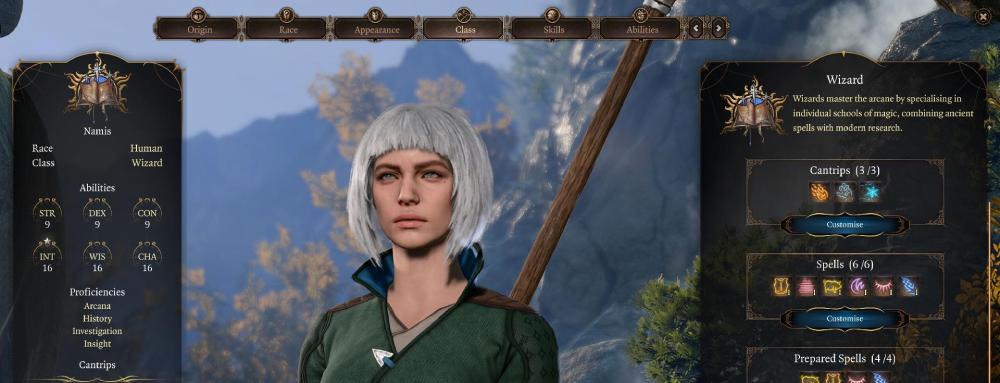
Hey there, fellow adventurers! Are you ready to dive deeper into the world of Baldur’s Gate 3 and learn about one of the most powerful spellcasters in Dungeons & Dragons? That’s right, we’re talking about the Wizard class! In this article, we’ll take a closer look at the Wizard in Baldur’s Gate 3 and discuss which subclasses you should choose to make the most out of your spells. So, grab your spellbook and let’s get started!
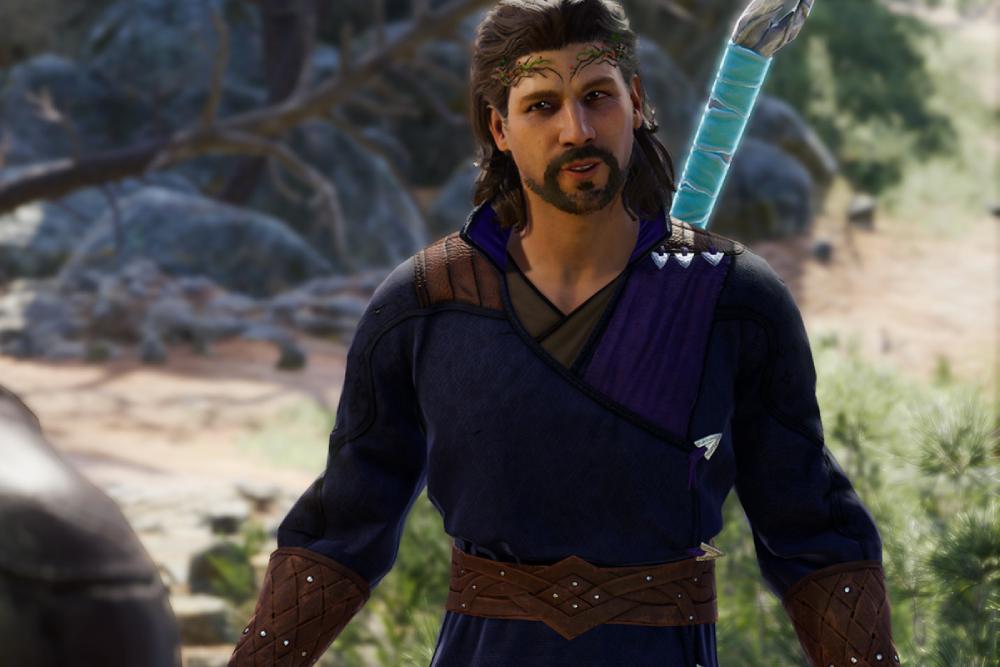
In Baldur’s Gate 3, the Wizard class is a powerful spellcaster that can access a wide variety of spells, making them one of the most versatile classes in the game. However, they also have low health and are quite squishy, so players need to be careful in combat and prioritize their positioning and defensive spells.
When creating a Wizard character, players will need to prioritize their Intelligence stat since it directly affects their spellcasting abilities. Choosing a race with a bonus to Intelligence, such as Githyanki or High Elf, can give players an advantage in the early game. Additionally, players should be aware that Wizards typically have low Constitution, which means they have lower health and are more vulnerable to damage.
One of the advantages of playing a Wizard is the ability to learn spells from spell scrolls, which can be found as loot or purchased from vendors. This means that Wizards can potentially learn spells from other classes, such as the Guiding Bolt spell which is typically exclusive to Clerics. This versatility allows Wizards to adapt to different situations and party compositions.
In terms of subclass options, players in Baldur’s Gate 3 can choose between the School of Evocation and the School of Abjuration. The School of Evocation focuses on dealing damage with spells and has the powerful ability to sculpt spells to avoid friendly fire. The School of Abjuration, on the other hand, focuses on defensive spells and has the ability to create a protective ward around themselves and allies.
It’s important to note that in Baldur’s Gate 3, players will only have access to the first subclass feature, so choosing the right subclass is crucial. This means that players will need to consider which feature will have the most impact on their playstyle and prioritize that over the rest of the subclass features. Overall, the Wizard class offers a wealth of spellcasting options and versatility, making them a popular choice for players who enjoy strategic gameplay.
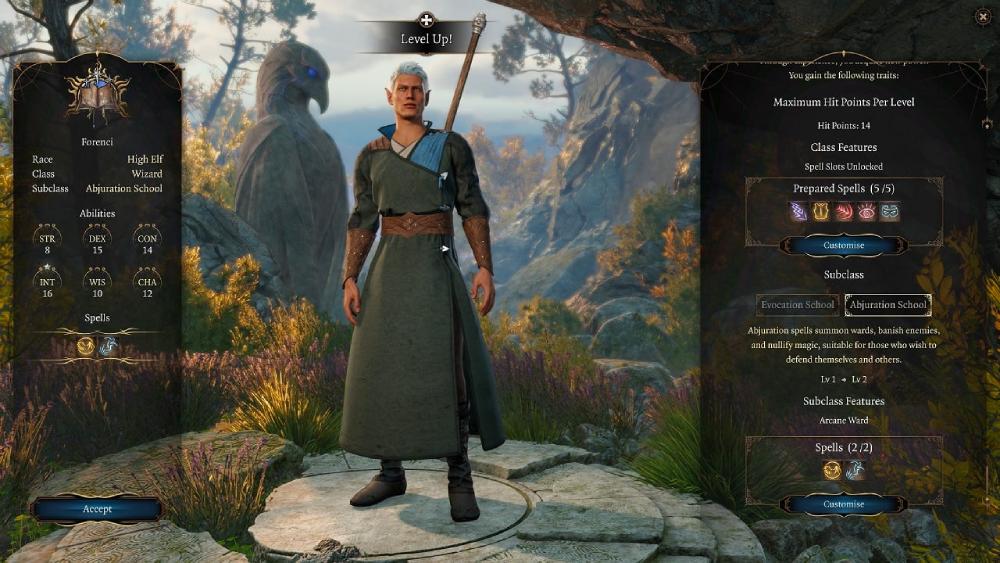
When creating your Wizard in Baldur’s Gate 3, it’s important to choose a background that provides Intelligence skills, such as Arcana, History, Investigation, Nature, or Religion. As for race, while it’s not crucial to pick one with added Intelligence in Early Access, races with added Dexterity are helpful for armor class. Drow is a solid choice for its Superior Darkvision, while Strongheart Halfling is a great pick for its Poison Resistance. Wood Elf, on the other hand, offers Darkvision, +2 Dexterity, and Subrace Traits that can aid in how you move as a Wizard, such as Fleet of Foot for faster movement speed and Mask of the Wild for stealth proficiency.
Wizards in Baldur’s Gate 3 possess high Intelligence, which is crucial for their spellcasting abilities. However, they also benefit from high Dexterity, which increases their armor and hit points. As for skills, Wizards should focus on Intelligence-based ones such as Arcana, History, Investigation, Nature, and Religion. Dexterity-based skills like Acrobatics, Sleight of Hand, and Stealth can also come in handy. Overall, Wizards are incredibly versatile spellcasters with access to a wide range of spells, making them a great damage dealers for the party.
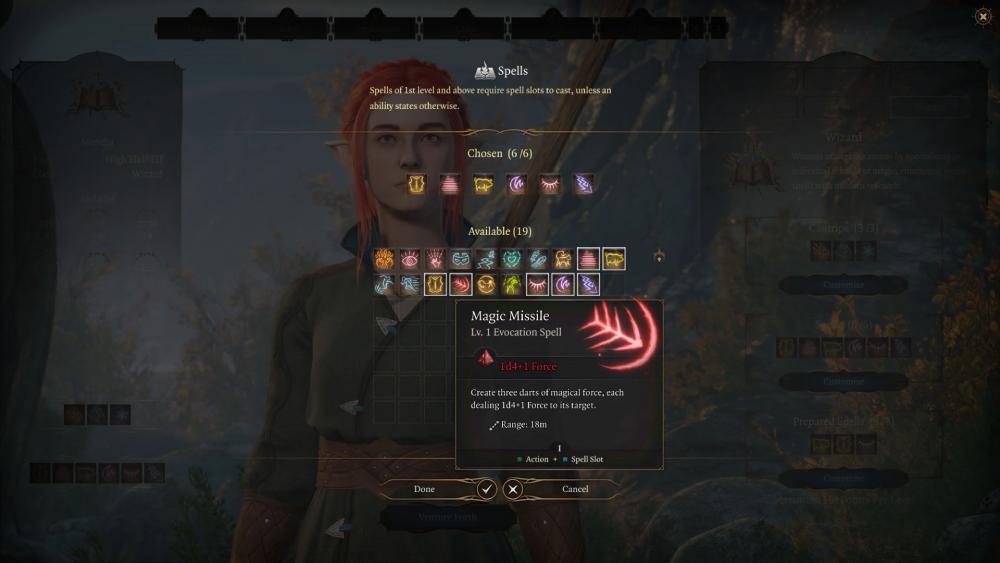
Wizards have access to a variety of spells that allow them to adapt to different situations and playstyles. At the start of the game, players will only have access to level 1 and 2 spells, but can learn new spells via spell scrolls that can be found throughout the game world.
Here is a list of spells that will be available for Wizards in Baldur’s Gate 3:
Cantrips:
1st Level:
2nd Level:
Each of these spells has its own unique properties and can be used in different ways depending on the situation. For example, spells like Sleep and Hold Person can be used to incapacitate enemies, while spells like Mage Armour and Protection from Good and Evil can be used to boost the Wizard’s defensive capabilities. Additionally, spells like Invisibility and Misty Step can be used to avoid combat or reposition in the midst of battle.
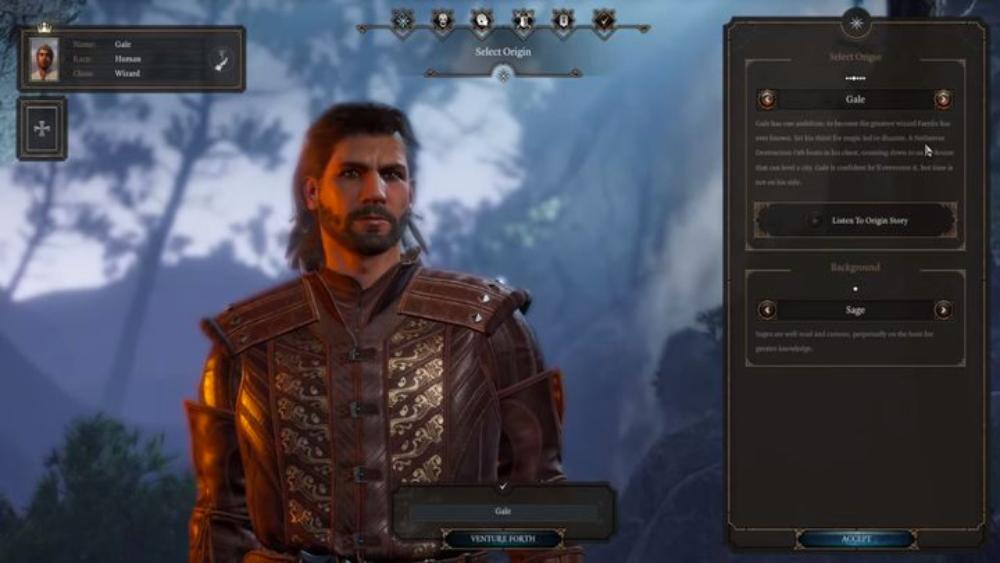
If you’re playing a Wizard in Baldur’s Gate 3, you’ll have the option to choose between two different Schools: Abjuration and Evocation. The Abjuration School allows you to create a magical ward that lasts until your next long rest, which absorbs all damage done to you. The ward regains hit points every time you cast an Abjuration spell of 1st level or higher. On the other hand, the Evocation School lets you create pockets of safety within your Evocation Spells. Allied creatures automatically succeed in their saving throws and take no damage from these Spells.
While the Abjuration School is great at higher levels, it may not be the best choice for Early Access due to the current level cap of 4. The Evocation School, on the other hand, can be especially useful when casting AoE spells like Grease, Shatter, and Thunderwave. Additionally, the ‘shove’ mechanic in BG3 makes it important to be able to use Thunderwave without worrying about knocking your allies off the edge of the world.
When it comes to choosing a subclass for your Wizard, the Evocation School is ideal if you want to play an AoE blasting spellcaster. However, it may be inferior to the sorcerer. The Abjuration School is great for those who want to defend themselves and others. Your Wizard will mainly use it when refreshing Mage Armor after a long rest or buffing a creature’s AC with Shield of Faith.
Here’s a table of the features for both Wizard subclasses:
| Subclass | Features |
|---|---|
| Evocation School | Sculpt Spells: Create pockets of safety within your Evocation Spells. Allied creatures automatically succeed in their saving throws and take no damage from these Spells. |
| Abjuration School | Arcane Ward: Gain 3 temporary hit points when you cast an Abjuration spell of 1st-level or higher. These hitpoints refresh whenever you cast additional Abjuration spells, recovering twice the spell slot level. |
In summary, the choice between Abjuration and Evocation Feats in Baldur’s Gate 3 will depend on your playstyle and preferences. The Evocation school is great for AoE blasting, while the Abjuration school can help your Wizard survive.
If you’re wondering what the difference is between Evocation and Abjuration schools in Baldur’s Gate 3, let us break it down for you. While both schools give Wizards access to powerful spells, there are some differences to keep in mind. If you’re looking for raw damage and control over your spells, Evocation is the way to go. On the other hand, Abjuration is more focused on defensive benefits and less on damage-dealing options. This means you’ll see more spells geared towards protecting yourself and your allies rather than dealing damage to enemies.
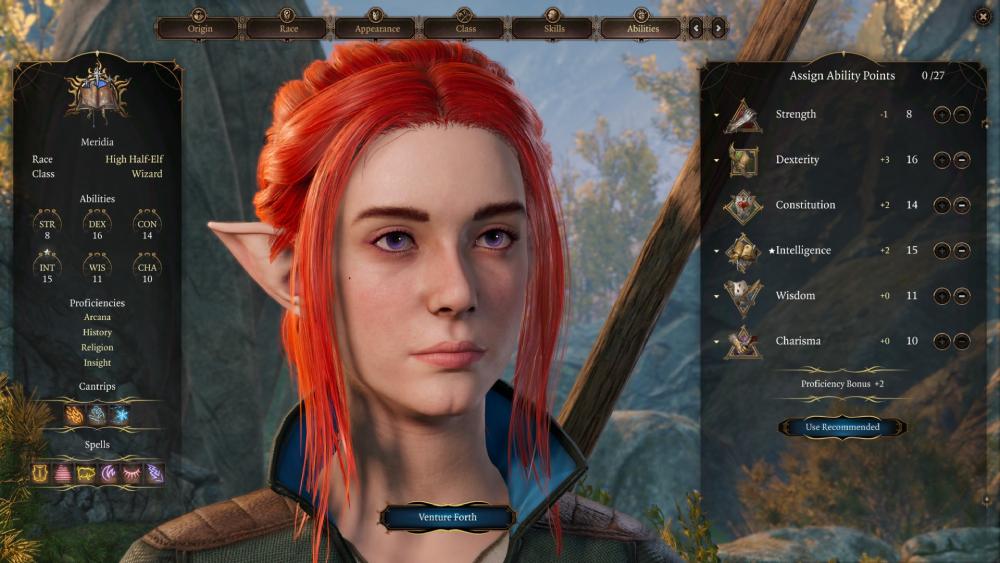
As a Wizard player in Baldur’s Gate 3, there are two primary stats to focus on: Intelligence and Dexterity. Intelligence is crucial for landing your spells and for succeeding at Intelligence-based skill checks such as Arcana, History, Investigation, Religion, and Nature. Meanwhile, Dexterity is important for a Wizard’s survival since it compensates for the class’s low armor and hit points. It is also useful for skills such as Stealth, Sleight of Hand, and Acrobatics. Therefore, prioritize Intelligence and Dexterity to build a powerful and effective Wizard character.
The Wizard class in Baldur’s Gate 3 is a versatile and powerful spellcaster, capable of dealing massive amounts of damage and providing invaluable support to the party. Players should focus on increasing their Intelligence and Dexterity stats while also considering their choice of Background and Race. While there are many Feats to choose from, Magic Initiate is a solid option for additional spells. When it comes to subclasses, players can choose between Evocation or Abjuration. Evocation is better for players who want to focus on raw damage and control over their spells, while Abjuration is more defensive in nature, with a focus on protective spells. Overall, both subclasses have their pros and cons, and it is up to the player to decide which best suits their playstyle. With the ability to learn new spells from spell scrolls and change readied spells outside of combat, the Wizard class is a force to be reckoned with in Baldur’s Gate 3.